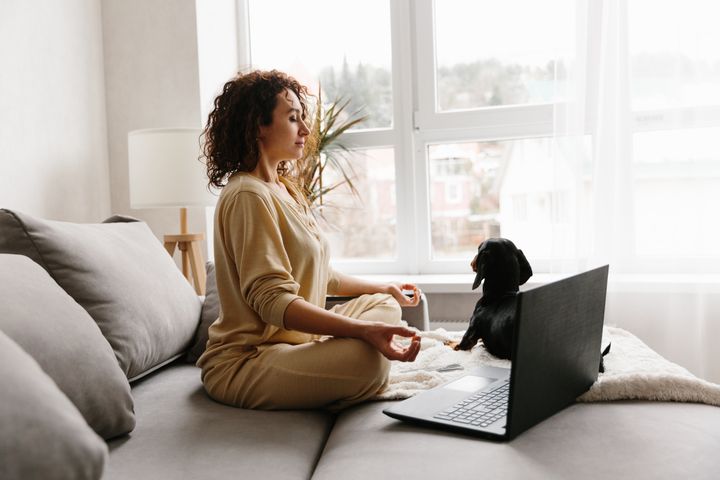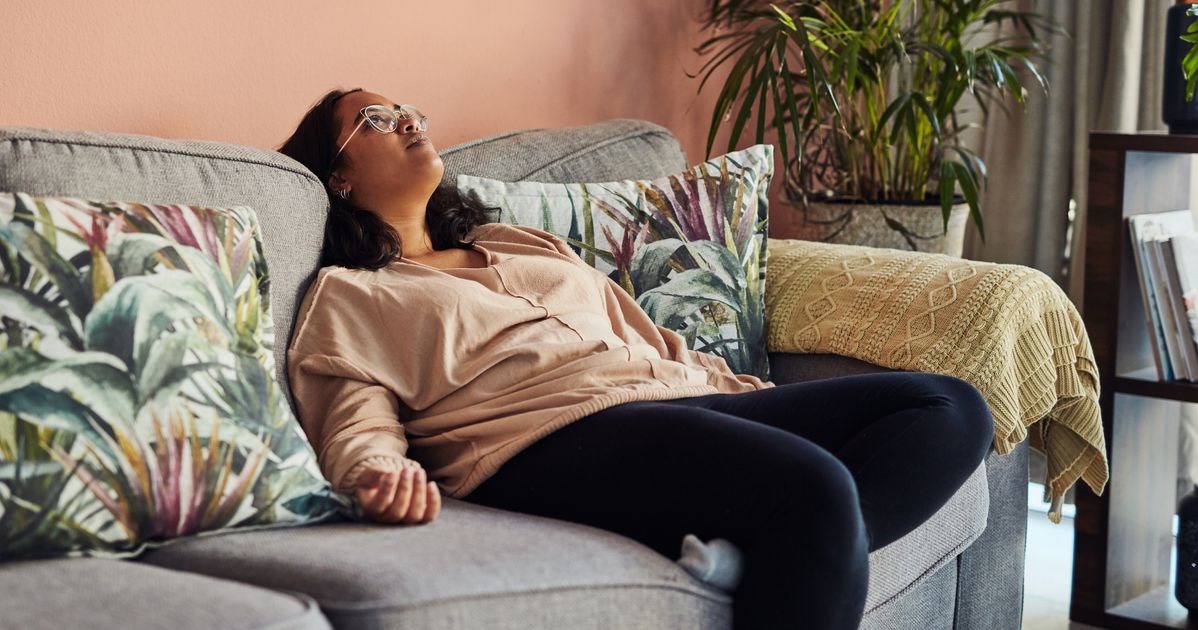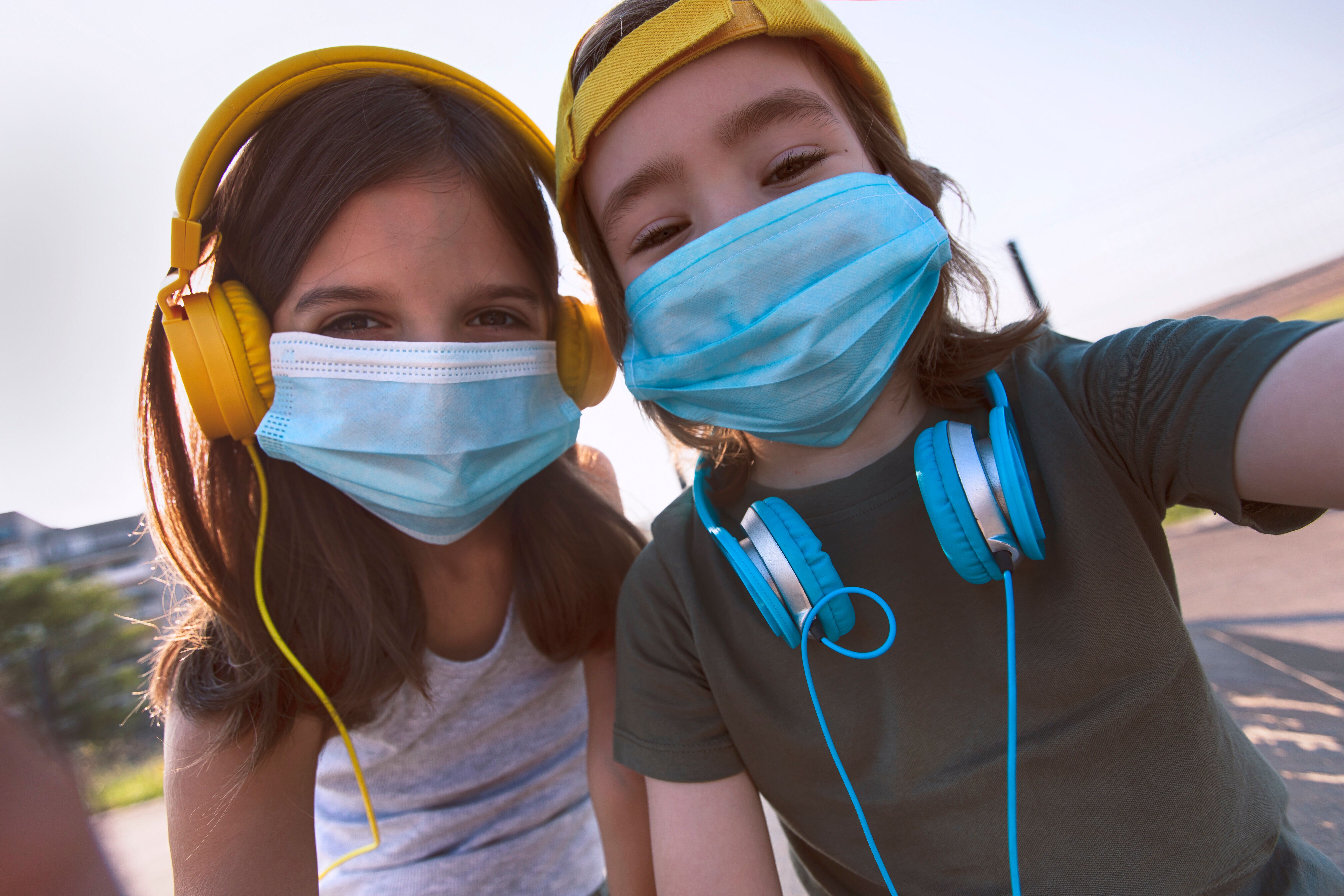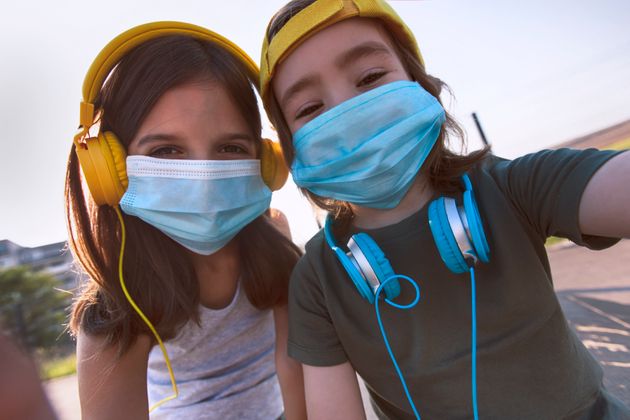When Seeley Lutz, a 26-year-old from Alexandria, Virginia, feels overwhelmed — either in a social situation or by all she has to get done — she said she feels like her body starts to shut down.
“I often feel like there’s something heavy sitting atop my chest or blocking my airways, leaving me unable to breathe,” Lutz said. “It truly feels like you’re suffocating even when there’s plenty of oxygen available.”
Advertisement
What she’s experiencing — and what many people experience — is called “air hunger.” John Scott Haldane and James Lorrain Smith coined the term in a 1892 paper. And it’s a common symptom of anxiety, although people rarely talk about how it feels ― or even know that it has a name.
Simply put, air hunger is the feeling that you can’t get enough air. From a medical standpoint, it’s referred to as dyspnea. When anxiety causes it, it’s tied to the “fight or flight” response.
“When we perceive a threat, whether real or imagined, the brain signals the body to enter fight-or-flight mode,” explained Gayle Watts, a clinical psychologist with Turning Tides Psychology. “This activates the sympathetic nervous system, which increases heart rate, tenses muscles and alters breathing patterns.”
Advertisement
To the body, a threat isn’t always as primal or life-threatening as being chased by a bear. It can also be giving a presentation, experiencing a trauma trigger or anything in between.
When your sympathetic nervous system is activated, you may hyperventilate or breathe too quickly or shallowly. That’s where the feeling like you can’t get enough air comes in.
And unfortunately, what may feel instinctual can make matters worse. “Paradoxically, the more we focus on our breathing and try to ‘fix’ it, the more we reinforce the cycle of anxiety and air hunger,” Watts added.
Advertisement
Anxiety and air hunger can become cyclical: You feel anxious, so you experience air hunger, and then struggling to breathe triggers more anxiety. You may then become anxious about, well, feeling anxious, rather than the original threat.
Kyle Elliott, a tech career coach who has anxiety disorders and lives in Santa Barbara, California, has experienced this firsthand. “The stress of the situation caused further anxiety and panic, which only made it seemingly more difficult to breathe,” he said. “I’ve never experienced something so scary before.”
What exactly is behind that? “Anxiety can amplify the perception of breathing difficulties by increasing attention to respiratory sensations, sometimes even when there is no actual physiological distress,” said Harry Cohen, a psychologist and author of ”Be The Sun, Not The Salt.” “The bottom line is that it appears very real to us and feels bad.”
Advertisement
The good news is it won’t last forever. “Air hunger typically subsides relatively quickly,” said Jenelle Thompson-Keene, a licensed professional counsellor with Thriveworks in Champaign, Illinois, specialising in anxiety, coping skills and stress.
If it happens frequently, is intense, or lasts longer than a couple of minutes, or is accompanied by chest pain or nausea, she encouraged seeking help from a professional. Otherwise, the coping skills below should do the trick.

Ekaterina Goncharova via Getty Images
Advertisement
How To Manage Air Hunger
Several physical and mental techniques can calm your body in mere moments. Here are some examples the mental health clinicians shared:
Expose yourself to cold temperatures.
Going outside on a colder day, washing your hands with cold water, taking a cold shower and even dunking your face in a bowl of ice water can calm your anxiety. Thompson-Keene explained it can slow your heart rate. Basically — and at least in the case of dunking your face — you’re triggering the “dive reflex.”
Ground yourself with your senses.
Another way to manage anxiety — and therefore air hunger — is by getting in touch with your five senses with the 5-4-3-2-1 technique.
Advertisement
“Try naming five things you can see, four things you can touch, three things you can hear, two things you can smell and one thing you can taste,” Watts said. “This brings your awareness back to the present moment and helps disrupt anxious thought patterns.”
Change your posture.
Even in comfortable positions and when air hunger isn’t an issue, you may not be able to breathe as well. So, it’s especially important to be mindful of how you’re sitting during an air hunger “attack.”
“Sitting hunched over can create a sense of restriction, making air hunger feel worse,” Watts said. “If you’re struggling with breathlessness, try sitting up straight or standing and rolling your shoulders back to open up your chest.”
Advertisement
Do a breathing exercise or technique.
As Watts mentioned, people may try to take deeper breaths when they’re experiencing air hunger — it’s only instinctual. And it can make symptoms worse.
“Instead, slowing your breathing and focusing on a structured pattern can help rebalance oxygen and carbon dioxide levels,” she said.
Watts encouraged the 4-7-8 technique: Inhale through your nose for four seconds, hold your breath for seven seconds, then exhale slowly through your mouth for eight seconds.
Advertisement
“This helps activate the parasympathetic nervous system, which signals to your body that you are safe and can relax,” Watts added.
Cohen also suggested controlled breathing exercises, such as diaphragmatic breathing. Essentially, that technique is about taking deep breaths, feeling your stomach rise as you inhale and sink as you exhale.
“Studies show that focusing on breath patterns enhances respiratory stability and reduces the unpredictability that often fuels panic,” he said.
Advertisement
Try cognitive reframing.
This cognitive behavioural therapy (CBT) skill encourages changing your perspective to be more realistic and helpful.
In the case of air hunger, it might look like this: “Air hunger is a perception, not a true lack of oxygen.”
“By understanding the role of the brain in amplifying sensations, people can learn to reinterpret the experience as non-threatening, reducing the emotional distress associated with it,” Cohen explained.
Advertisement
Repeat a positive mantra.
One Thompson-Keene suggested was “I’m safe and this will pass.”
She added, “It is a way to help ground your mind and body in the present moment.”
Practice mindfulness-based stress reduction.
This toolkit is similar to some of the other tips. In practice, it might look like breath awareness, body scans and mindful movement.
Its usefulness is research-backed, too. Cohen said it “has been shown to decrease anxiety by improving one’s ability to interpret bodily sensations accurately, reducing the tendency to catastrophise normal fluctuations in breathing.”
Further, a study in JAMA Psychiatry found it as effective as the gold-standard drug, escitalopram, for patients with anxiety disorders.
Advertisement
Give yourself a ‘butterfly hug.’
This technique incorporates breathing and cross-body tapping, Thompson-Keene said, which many find helpful. She shared this YouTube video that explains how to do it. In short, put your left hand on your right arm and vice versa. Then, tap your arms, focus on breathing, and repeat positive mantras to yourself.
Lutz is a fan of this one. “I’ve found that butterfly hugs sometimes help with this feeling, which is great,” she said.
Whichever tip you use, and however long it takes to work, remember you will survive this, too.
“In a very short period of time, you should be feeling much better,” Cohen said. “Remember, what you’re feeling does feel unpleasant, but it will soon pass.”
Advertisement





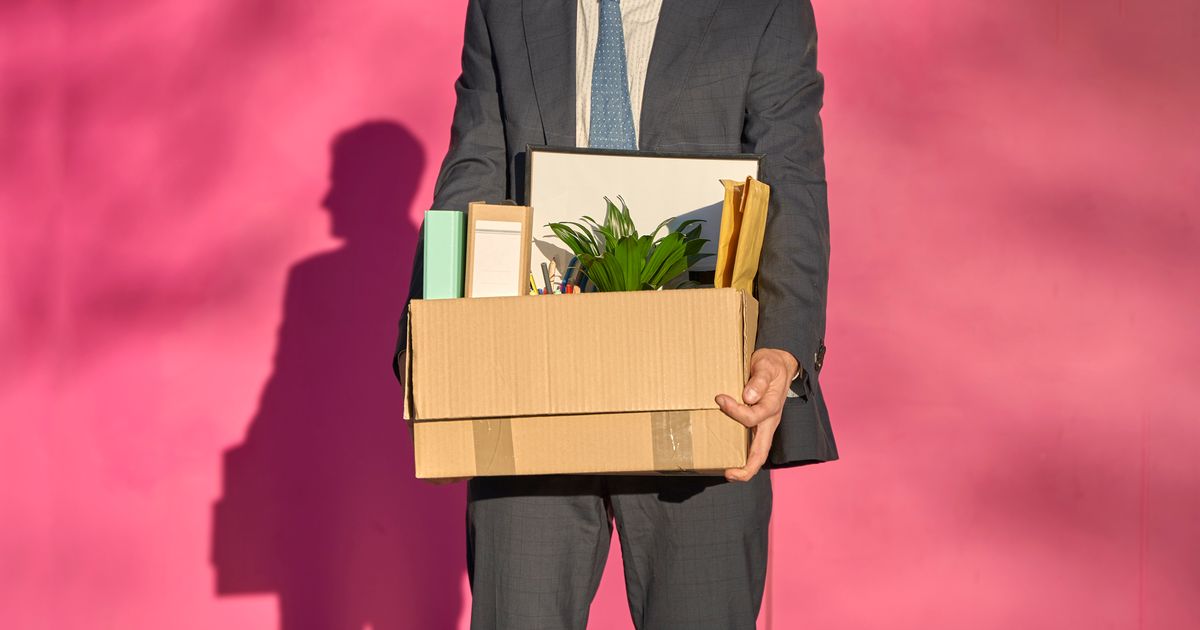
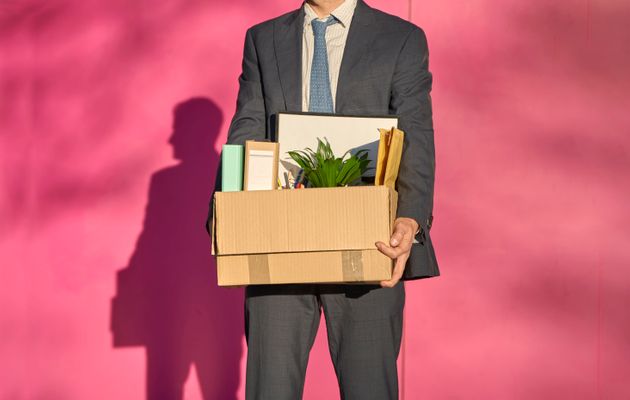
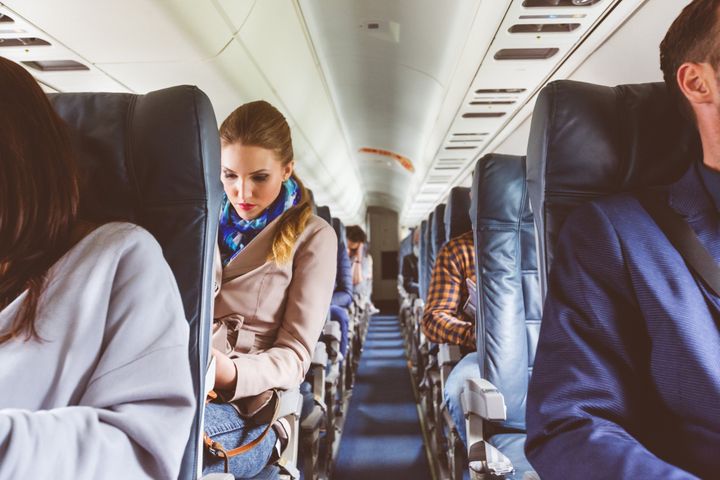
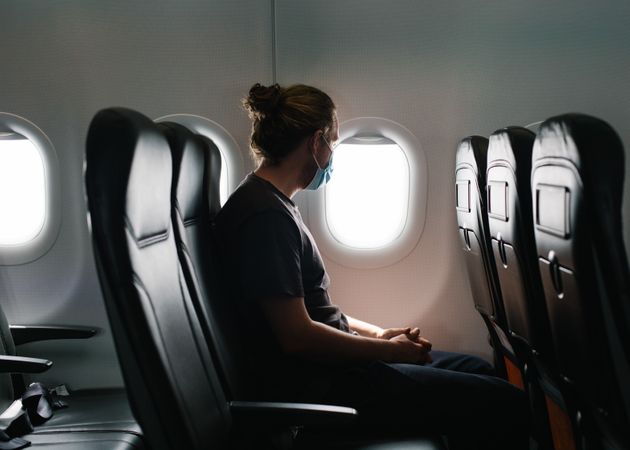
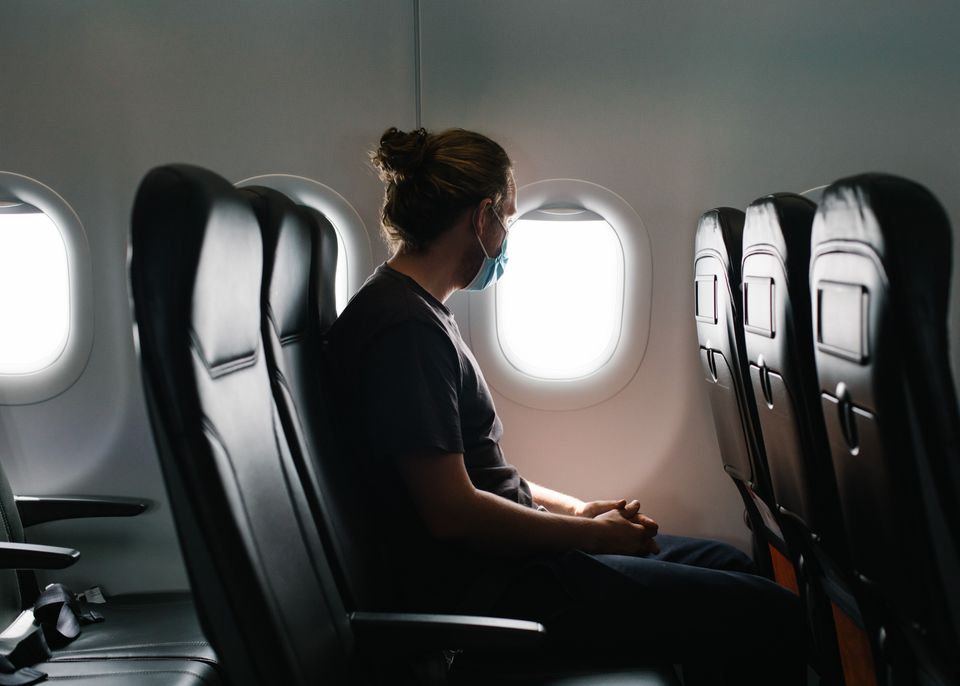
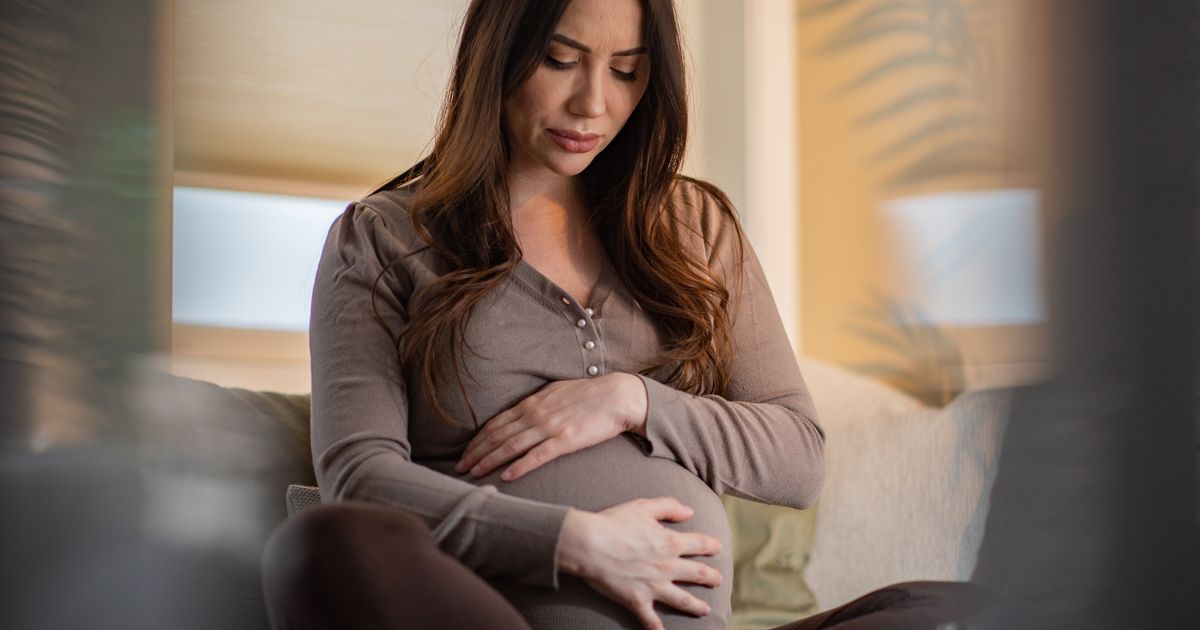

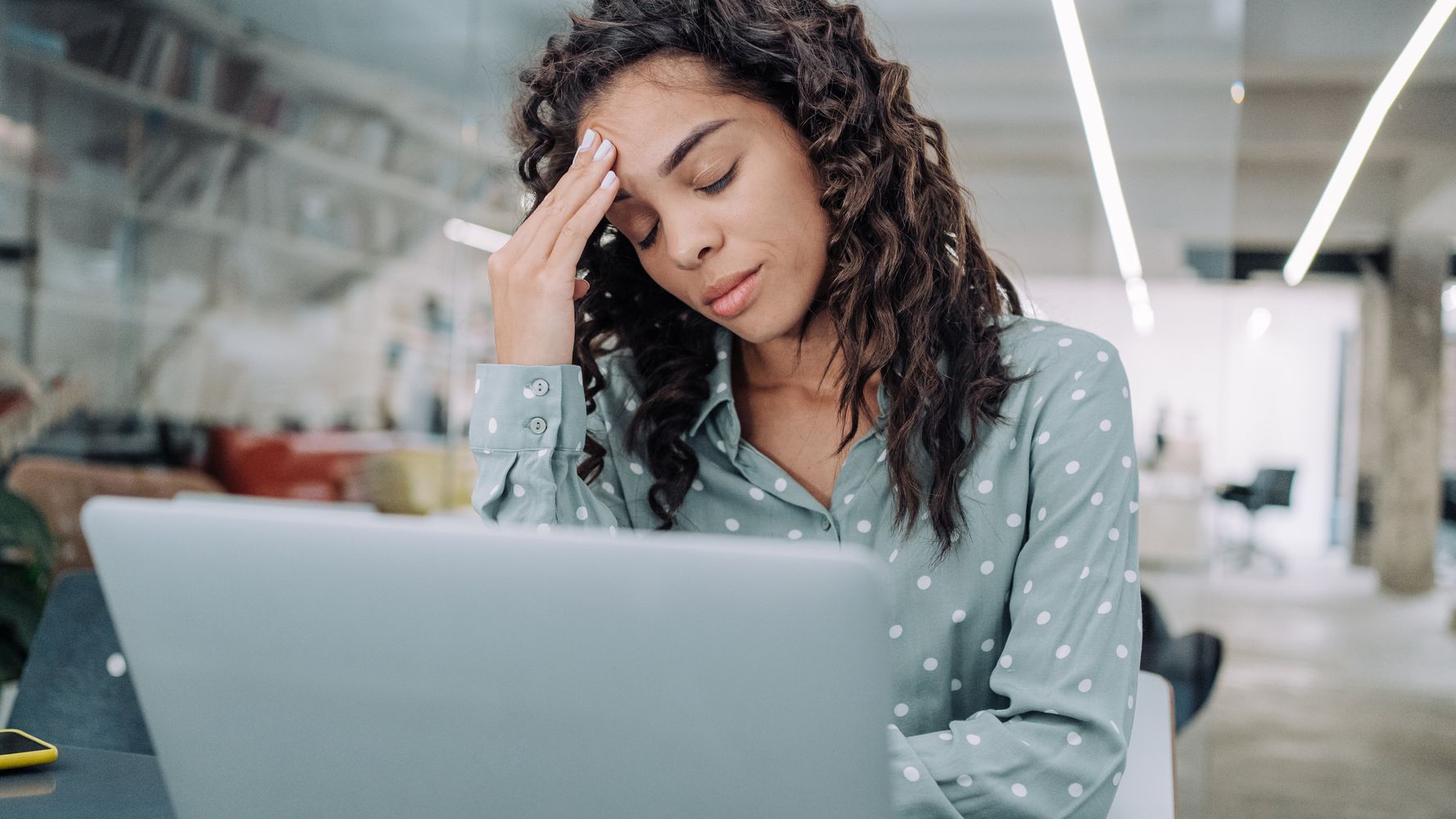

!["[I] set limits and boundaries around the information that I am consuming," one social worker tells HuffPost. "That can look like only watching the news for 10 minutes per day and not constantly refreshing my feeds."](https://www.wellnessmaster.com/wp-content/uploads/2021/09/12-ways-therapists-are-personally-coping-with-covid-anxiety-again-3.jpg)
